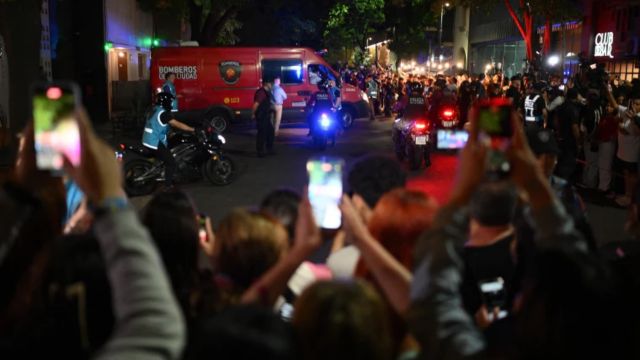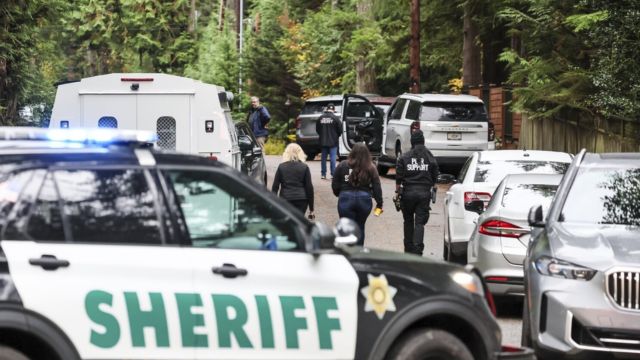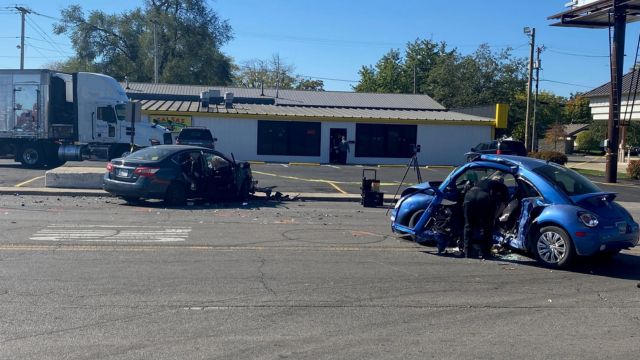Can Police in Illinois Search Your Phone During a Traffic Stop? Imagine driving down the highway in Chicago, listening to your favorite music, when suddenly flashing police lights come on in your rearview mirror. What may be a typical traffic stop for forgetting to signal a turn could go from routine to not so routine if the officer wants to search your phone. Can Illinois police search your phone during a traffic stop? The answer for today’s digital age is rather murky, holding as it does vast amounts of our personal data: messages, photos, browsing history, and much more.
Knowing your rights in these situations is important. The Fourth Amendment to the U.S. Constitution protects against “unreasonable searches and seizures,” meaning that police generally need a warrant to search your possessions, including your phone. There are exceptions to this rule, however, and specifics regarding phone searches during traffic stops can be complicated.
This is the guide that breaks down the law regarding cell phone searches on a traffic stop in Illinois. We will cover the landmark Supreme Court case that defined this law, exceptions to warrant requirements, and some valuable tips on how to defend your rights from Chicago to Springfield.
The Impact of Riley v. California
In 2014, the U.S. Supreme Court handed down a landmark decision in Riley v. California, redefining the rules for phone searches. The case involved David Riley, who was pulled over for a faulty taillight. During the stop, the officer arrested Riley on outstanding warrants and searched his phone without obtaining a warrant. Evidence discovered on the phone was used in court.
The Court held that cellphones are inherently different from items like wallets or bags because of the vast amounts of personal information they contain. Under such circumstances, police normally need a warrant to open up a cellphone’s contents, even if the cellphone was lawfully seized at the time of arrest.
When Police Can Search Your Phone Without a Warrant
Although Riley v. California established a strong precedent for protecting phone privacy, there are some exceptions in which police may conduct warrantless phone searches during a traffic stop:
- Plain View: If an officer sees illegal activity displayed on your unlocked phone screen in plain view, they may seize the phone and access that specific content without a warrant. However, this does not grant access to the entire phone.
- Consent: Police can search your phone if you give them permission. Keep in mind that you are allowed to decline, and your decision should not be coerced by the police officer.
- Search Incident to Arrest: After arresting a person, police can search him or her to get weapons or prevent evidence destruction. Although this may enable them to seize your phone, the data in it is still usually only accessible with a warrant.
- Exigent Circumstances: Police may conduct a warrantless search in emergencies, such as when there is an immediate threat to safety or evidence is being destroyed. These situations are rare and subject to strict legal scrutiny.
How to Protect Your Phone and Privacy During a Traffic Stop
Knowing your rights can help you protect your privacy during a traffic stop. Here are some practical tips:
- Remain Polite and Cooperative: Remain polite, even if you are going to exercise your rights.
- Exercising Your Right to Silence: Politely inform them that you do not have to answer anything else beyond identification and the purpose of the stop.
- Deny Consent to Searches: If they ask you to let them search your phone, you can refuse to allow it by saying, “I do not consent to a search of my phone.”
- Avoid Using Your Phone: Try to stay off your phone while at the stop. That reduces the likelihood that an officer might be interested in looking through it.
- Recording of the Interaction: It is lawful under Illinois law to record conversations if you are a party to them. Recording can help when a dispute arises.
What To Do When Rights Are Violated
If you believe that the police unlawfully searched your phone, here’s what to do:
- Seek an Attorney: A criminal defense attorney can review the circumstances, assess potential violations of your Fourth Amendment rights, and help challenge any evidence obtained improperly.
- Record the Incident: Record details such as the date, time, location, officer’s name, and the events leading to the search.
- File a Complaint: Report the incident to the police department’s internal affairs unit to hold officers accountable.
Important Considerations
Legal standards for searches of phones continue to change with new technological advancements and rulings in courts. Here are some additional steps to increase the security of your phone:
- Encryption: Turn on encryption on your phone to make it difficult for third parties to access your data.
- Remote Wipe Apps: Although controversial, these apps can wipe phone data remotely if your device is taken. Be aware, however, that the legality of using such tools during police interactions is unclear.
- State Privacy Laws: Illinois has specific digital privacy protections, such as the Biometric Information Privacy Act (BIPA), which can help protect your personal information.
Conclusion
Knowing your rights at a traffic stop is crucial to protecting your phone and personal data. The Riley v. California ruling offers significant protection, but there are exceptions such as consent, plain view, and exigent circumstances. Knowing these nuances and your right to refuse consent will better protect your privacy. If you believe your rights have been violated, consult an attorney for guidance.


 by
by 




